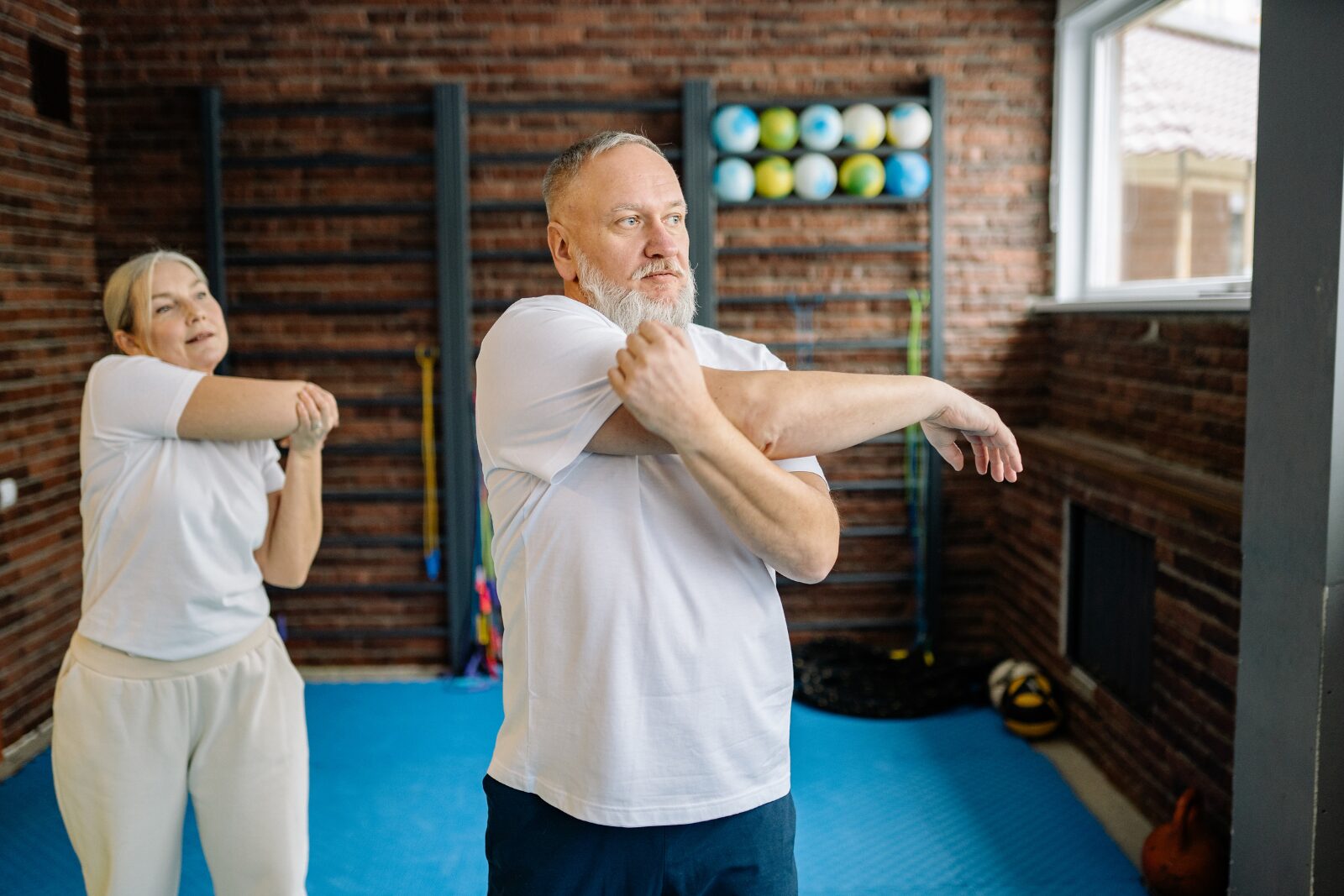Cerebral palsy (CP) isn’t just a condition; it’s a profound challenge for countless families worldwide. With approximately 17 million individuals affected globally, and 34,000 living with CP in Australia, understanding its complexities and exploring ways to support and manage it are essential steps toward enhancing the lives of those affected.
What is Cerebral Palsy?
Cerebral palsy is a multifaceted physical disability that mainly affects movement and posture. It occurs due to an injury to the developing brain during pregnancy, birth, or shortly after. Though it shows up differently in each person, common challenges include muscle control, coordination, reflexes, and posture. People with CP may also have visual, hearing, speech, learning, intellectual impairments or epilepsy.
Identifying Risk Factors
Recognising the risk factors associated with CP is vital for early intervention. Conditions or events during pregnancy, birth, or infancy can contribute to brain damage, potentially leading to a CP diagnosis. From maternal health issues like thyroid disease to birth complications such as neonatal encephalopathy, addressing these factors early can significantly impact managing CP.
Recognising Signs and Symptoms
Early detection plays a pivotal role in managing cerebral palsy effectively. While signs may not always be evident at birth, observing indicators like low muscle tone and delayed developmental milestones is crucial. Timely intervention and support can significantly improve outcomes for children with CP.
Living with Cerebral Palsy
For individuals with CP, daily life presents an array of challenges. From mobility and communication barriers to managing essential activities like eating and sleeping, the impact varies widely. Tailored support services, including physiotherapy, occupational therapy, and speech therapy, play a pivotal role in enhancing independence and quality of life.
Empowering Through Physiotherapy
Physiotherapy plays a key role in managing cerebral palsy, and can offer interventions tailored to an individual’s unique needs:
- Advice on exercise and therapy: Customised programs designed to strengthen muscles, improve flexibility, and enhance mobility.
- Support for motor skill development: Guidance and support to develop and refine motor skills, enhancing functional abilities.
- Postural and movement relearning: Strategies to relearn essential skills, optimising movement patterns and reducing complications.
- Assistance with mobility aids and equipment: Assessment and recommendations for aids to enhance independence and mobility.
- Muscle strengthening and pain management: Targeted exercises and techniques to strengthen muscles and manage pain.
- Facilitating participation in activities: Support for engagement in sports, recreation, and leisure activities through adaptive strategies.
At LeapCare, our dedicated team is committed to empowering individuals affected by cerebral palsy to achieve their goals and live life to the fullest. Through compassionate care and evidence-based interventions, we aim to make a meaningful difference in the lives of our clients and their families.
Reference: Cerebral Palsy Alliance, What is Cerebral Palsy (2024), https://cerebralpalsy.org.au/cerebral-palsy/
Disclaimer: The content presented on this blog is meant solely for educational and informational purposes. It is not a replacement for professional advice or treatment. For any queries related to a medical condition, always consult with a qualified professional. Never neglect professional medical advice or postpone seeking it based on information obtained from this blog.



